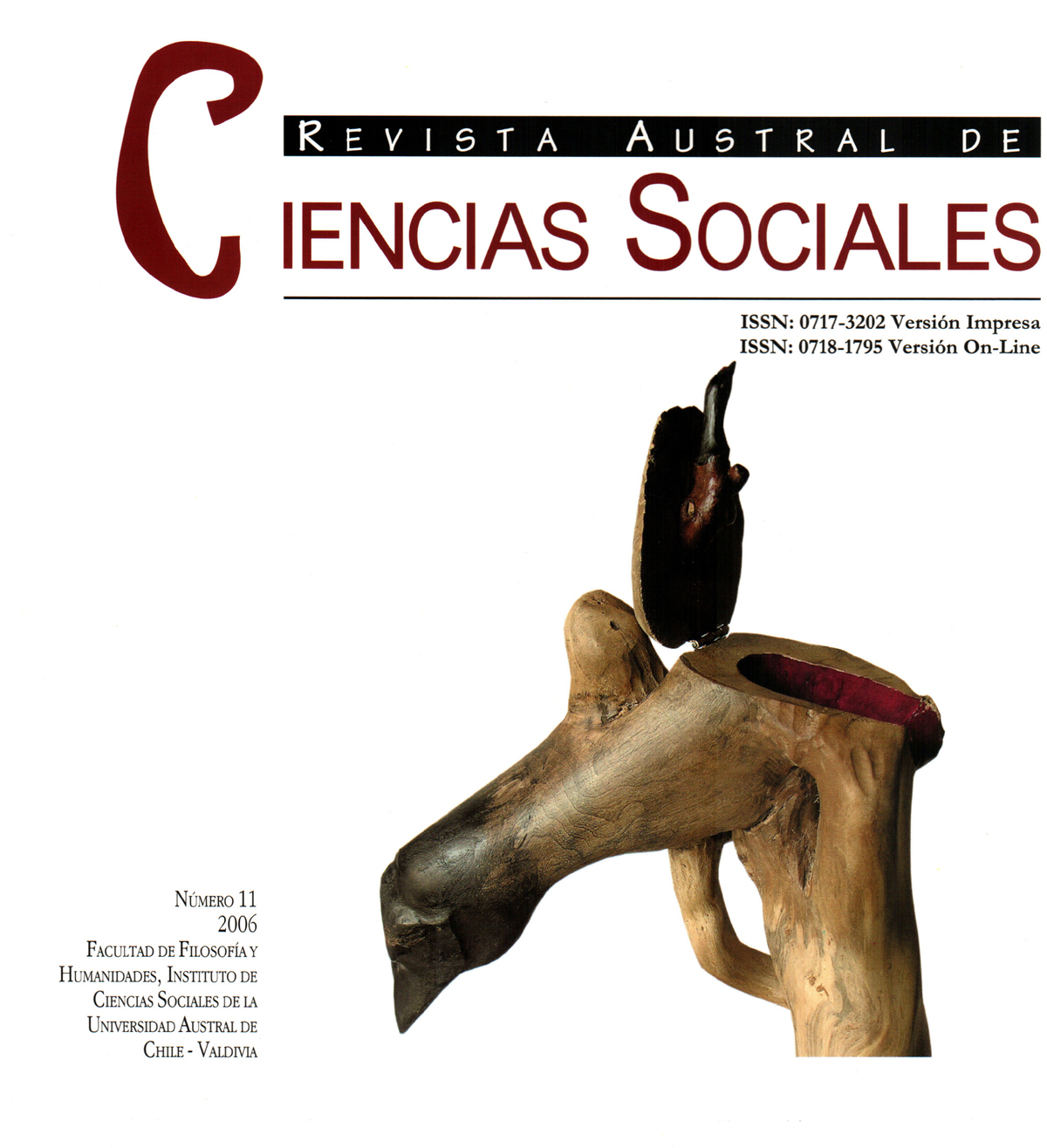Models of Governments of Coalition in South America
Main Article Content
Abstract
The purpose of this paper is to provide certain empirical tools to the ongoing discussion among those who examine democratic institutions, centering on the weakness of presidential regimes in terms of obtaining consensus among the different sectors within the political system. We shall examine the functioning of seven South American democracies, which have tended to replace the majoritarian inclination of their institutions with consensual formulae, but always preserving the presidential political form. Nevertheless, we shall show that adopting certain consociative components has resulted in the formation of various patterns, of collaboration in some cases and confrontation among the parties in others, with the consequence that it is extremely difficult to create a morphologically defined category such as consensus presidentialism.

